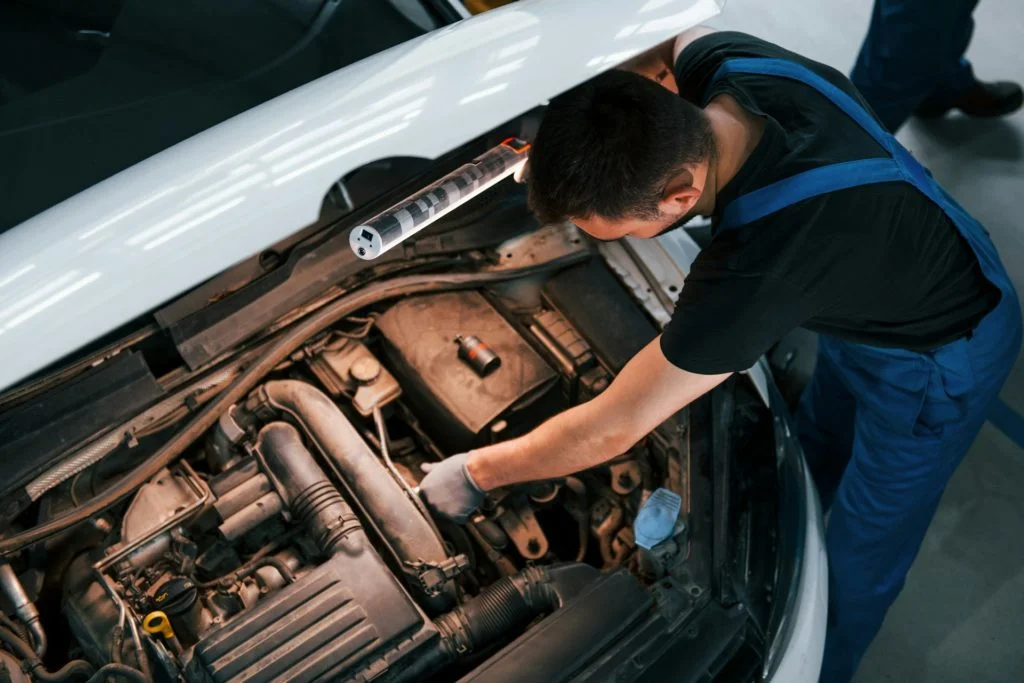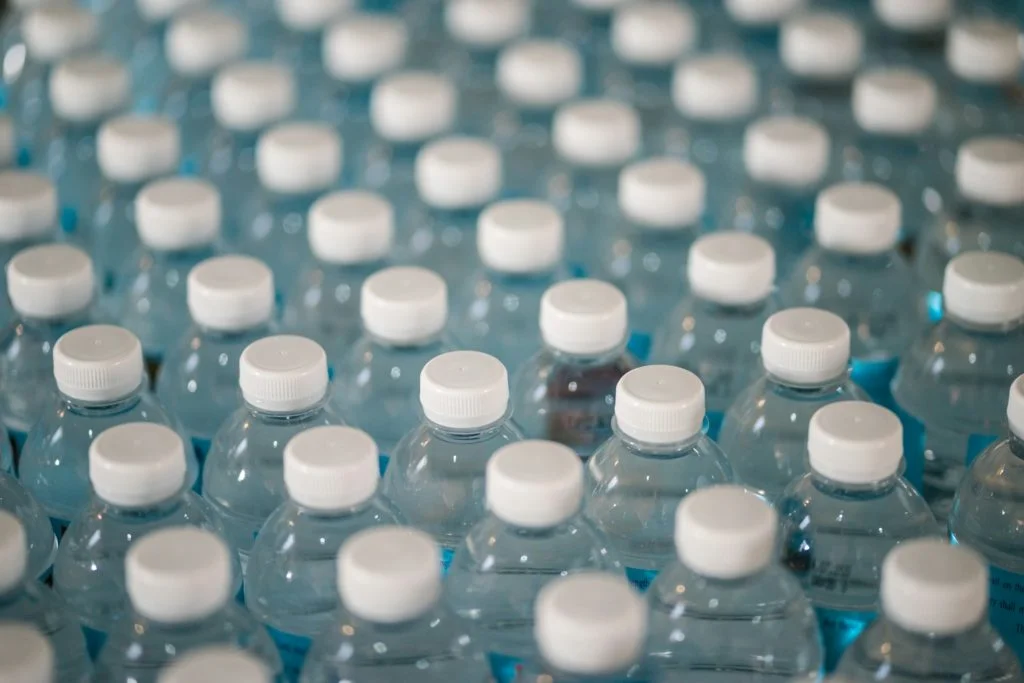The introduction of the Plastic Tax has sent waves across various industries, with automotive and manufacturing businesses facing the daunting task of adjusting to new regulations aimed at reducing their environmental impact. The Plastic Tax mandates a minimum of 30% recycled content in plastic products or packaging, pushing companies to reassess their material usage and waste management practices. As businesses in these sectors begin this challenging transformation, the services provided by Pulse Plastics can prove invaluable in saving money and establishing a more sustainable business model.
This blog post explores the implications of the Plastic Tax on the automotive and manufacturing sectors and how reprocessing solutions offered by Pulse Plastics can simplify the compliance process while helping companies claim tax back and save money. We’ll also discuss the long-term benefits of embracing reprocessing services, including their role in reducing the environmental impact and fostering a circular economy within these industries.
Understanding the Plastic Tax policies and their repercussions on your business is paramount. Knowing how to navigate the integration of reprocessed materials into your operations can make the difference between stagnation and growth. Pulse Plastics, a UK-based specialist plastic solution provider, presents an opportunity for automotive and manufacturing businesses to transform the challenges posed by the Plastic Tax into opportunities for eco-friendly innovation, cost savings, and sustainability success.
1. Implications of the Plastic Tax on the Automotive and Manufacturing Sectors
The Plastic Tax seeks to encourage responsible material usage and waste management practices across various industries, with implications that directly impact the automotive and manufacturing sectors. Some consequences these industries will face include:
- Regulatory Compliance: To meet the new regulations, businesses must ensure their products and packaging contain at least 30% recycled material, resulting in a shift in sourcing practices and manufacturing processes.
- Increased Costs: In the short term, companies may experience increased operational expenses as they adapt their operations to meet the requirements of the Plastic Tax. These costs may involve procuring reprocessed materials, enhancing production processes, or investing in new equipment.
- Market Perception: Consumers are becoming more conscious of the environmental impact of their choices, and businesses that demonstrate a commitment to sustainability will likely benefit from increased brand loyalty and positive public perception.
2. The Benefits of Reprocessing Solutions for Compliance and Sustainability
In light of the challenges presented by the Plastic Tax, automotive and manufacturing businesses that turn to reprocessing solutions can benefit in several ways:
- Cost Savings: By incorporating reprocessed materials into their production processes, businesses can claim tax back, resulting in significant cost savings that offset the initial expenses of transitioning to a more sustainable model.
- Reduced Environmental Impact: Utilising reprocessed materials contributes to meeting Plastic Tax requirements and helps businesses reduce their overall ecological footprint, fostering a cleaner and greener future.
- Market Differentiation: Companies that successfully integrate reprocessing solutions into their operations will gain a competitive edge, as customers are increasingly drawn towards brands that embody sustainable values and practices.
3. Pulse Plastics: Your Partner in Reprocessing Solutions and Tax Savings
As businesses in the automotive and manufacturing sectors adapt to the changing regulatory landscape, partnering with Pulse Plastics provides a valuable opportunity to leverage their expertise in reprocessing solutions and achieve sustainability targets. Key services and advantages offered by Pulse Plastics include:
- Consultation and Strategy Development: Pulse Plastics’ team of professionals provides invaluable guidance on integrating reprocessed materials into your operations, ensuring efficient implementation and maximised benefits.
- High-Quality Reprocessed Materials: Pulse Plastics supplies automotive and manufacturing businesses with top-notch reprocessed materials, allowing them to maintain product quality while contributing to environmental sustainability and Plastic Tax compliance.
- Continuous Support: As your trusted partner, Pulse Plastics offers ongoing support, ensuring your business remains up-to-date with evolving regulations and emerging best practices.
4. Steps to Implementing Reprocessing Solutions
Embracing reprocessing solutions begins with assessing your current practices and developing a strategic plan to integrate reprocessed materials. The following steps offer a roadmap for businesses seeking to adopt a more sustainable, cost-effective, and compliant model:
- Analyse Current Operations: Assess your current manufacturing processes, material usage, and waste management strategies to identify opportunities for integrating reprocessed materials into your operations.
- Set Sustainability Goals: Establish measurable objectives for incorporating reprocessed materials, aligning these targets with Plastic Tax regulations and overall sustainability efforts.
- Collaborate with Pulse Plastics: Engage with Pulse Plastics to develop a customised strategy for sourcing and integrating high-quality reprocessed materials into your operations.
- Train and Educate Staff: Provide the necessary training and resources for your team members to effectively work with reprocessed materials and contribute to your company’s sustainability goals.
- Monitor Progress: Regularly evaluate the impact of your reprocessing initiatives, adjusting strategies and goals as needed to continually improve your environmental performance and compliance status.
Conclusion
The Plastic Tax presents challenges and opportunities for the automotive and manufacturing industries as they transition towards a more sustainable model. Pulse Plastics’ reprocessing solutions offer a strategic approach, enabling businesses to save money on taxes and contribute positively to the environment.
By harnessing the power of reprocessed materials and the expertise of Pulse Plastics, businesses can successfully adapt to the evolving regulatory landscape, reduce their eco-footprint, and stay competitive in a market that increasingly values sustainability.
Partner with Pulse Plastics to develop an efficient, compliant, and environmentally responsible strategy that suits the unique needs of your automotive or manufacturing business. By embracing reprocessing plastic solutions in the UK, you can secure your company’s sustainable and prosperous future. Contact us today to get started.


